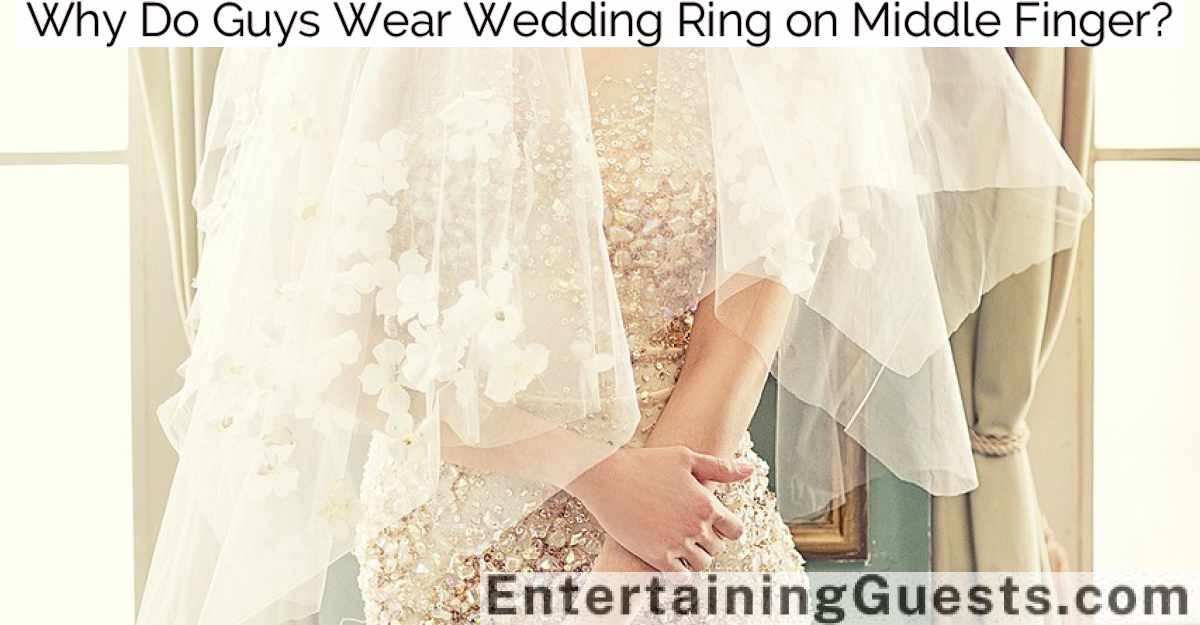You might hate weddings because they often come with a hefty price tag, not just for hosts but for guests who shoulder the costs of travel, outfits, and gifts. Additionally, they force you into social situations that may feel uncomfortable, requiring you to mingle with strangers or distant acquaintances under a guise of festivity. Furthermore, weddings propagate unrealistic expectations of romantic perfection, which can deepen feelings of inadequacy or disillusionment with your own relationships. These events can also escalate family tensions and create overwhelming planning demands, intensifying the stress. Understanding these factors can lead to strategies that make weddings more bearable and meaningful for you.
Key Takeaways
- Financial burdens from costs of attendance and hosting can transform joyous occasions into sources of stress.
- Forced social interactions with strangers and distant acquaintances can cause discomfort and anxiety.
- Unrealistic romantic expectations from weddings may lead to feelings of inadequacy and disillusionment.
- Overwhelming planning demands, such as budgeting and vendor coordination, contribute significantly to stress.
- Family drama and tensions often resurface during wedding planning, adding emotional strain.
The High Cost of Celebrations
One major reason many people dread weddings is the staggering cost involved, which can burden attendees and hosts alike. You’re often expected to shell out for travel, accommodation, outfits, and, of course, the wedding gift. Even when you’re thrilled to celebrate the couple’s love, these expenses can create a financial strain that dampens your enthusiasm.
Consider the hosts, too. The pressure to create a perfect day can lead to extravagant spending on venues, food, decorations, and entertainment. It’s not just about showing love; it’s often about meeting societal expectations. This financial burden can start marriages off on stressful footing, with couples spending large amounts of money that might otherwise go to their future together.
It’s important to recognize the emotional weight that the cost of weddings imposes. It’s not merely a day of joy; it becomes a complex negotiation of financial capabilities and social expectations.
Acknowledging this can help shift the focus towards more sustainable, meaningful celebrations that emphasize the couple’s love rather than opulent displays. This way, you can enjoy the occasion without the overshadowing worry of costs.
Forced Social Interactions
Beyond the financial strain, you also face the often-uncomfortable reality of managing forced social interactions at weddings. You find yourself thrust into a room filled with strangers or distant acquaintances, expected to mingle, laugh, and forge connections under the watchful eyes of other guests. It’s not just about being in a social setting; it’s the pressure to perform socially that weighs heavily on you.
This discomfort isn’t trivial—it stems from a deeper place. Perhaps it’s the feeling of being judged on your interpersonal abilities or the way you fit into a group that seems to have pre-established dynamics. You’re maneuvering through a minefield of small talk, trying to find common ground in a sea of unfamiliar faces. This can be particularly taxing if you’re an introvert or someone who struggles with social anxiety. The expectation to seamlessly integrate yourself into varying groups throughout the event can exacerbate feelings of isolation rather than fostering genuine connection.
Recognizing this, it’s important to acknowledge that your feelings are valid. It’s okay to feel overwhelmed by these forced interactions. Finding strategies to cope, like stepping out for a breath or seeking out quieter conversations, can help manage this aspect of wedding stress.
Unrealistic Romantic Expectations
While weddings celebrate the union of two people, they also often propagate unrealistic romantic expectations that can leave you feeling disillusioned. You watch as couples exchange vows of eternal love and flawless partnership, underpinning a narrative that love is always all-encompassing and ever-perfect. These moments, though heartwarming, don’t always paint a full picture of the complexities and challenges inherent in a real-life partnership.
You’re bombarded with messages that the perfect day equates to a perfect life. The bride and groom are shown as the ultimate aspirational couple, setting a standard that your own relationships are implicitly expected to meet. This can lead you to feel inadequate if your personal experiences with love don’t align with these glorified portrayals.
Moreover, these portrayals often skip over the everyday realities of relationships: the disagreements, the compromises, and the very ordinary moments that make up a shared life. They don’t account for the fact that love, in its true form, involves not just sweeping gestures but also patience, resilience, and mutual growth.
Understanding this, it’s okay to feel out of place if you think weddings sell a dream that doesn’t quite match up to the real world. It’s important to recognize that it’s not about cynicism, but about seeking a more balanced perspective on love.
Overwhelming Planning Demands
You’ll find that the demands of wedding planning can quickly become overwhelming, as every detail requires your attention and decision-making. From choosing the venue to selecting the menu, each component seems to carry an immense weight of expectation and precision. The sheer volume of tasks can be intimidating, and it’s easy to see why many people find this phase of wedding preparation exhausting.
Here are some of the key elements that contribute to the overwhelming nature of wedding planning:
- Budget Management: Keeping track of expenses and staying within a budget when every little detail can add up to a significant amount.
- Vendor Coordination: Dealing with multiple vendors for catering, photography, music, and more, each with their own schedules, demands, and expectations.
- Guest List Dilemmas: Deciding who to invite and managing RSVPs, which often involves navigating social politics and personal relationships.
- Timeline Scheduling: Aligning dates and times for venue bookings, rehearsals, and ensuring everything aligns perfectly.
- Decision Fatigue: Making countless choices about colors, themes, seating arrangements, and more, which can lead to second-guessing and stress.
Understanding these pressures can help you approach wedding planning more sympathetically, recognizing the hard work and emotional labor involved.
Family Drama and Tensions
As if the logistical demands weren’t taxing enough, family dynamics often introduce another layer of stress to wedding planning. You’ve probably seen it firsthand or heard the stories: long-held grudges resurfacing, disagreements over the guest list, and the anxiety of balancing everyone’s expectations.
It’s not just about who sits where at the reception; it’s about managing relationships that may be fraught with complexity and historical baggage. You might find yourself caught between your parents’ traditional expectations and your own desires for a modern celebration. Or perhaps you’re handling the delicate task of blending families with different cultural or religious backgrounds.
Each decision can feel like a tightrope walk over a canyon of potential conflicts. It’s important to remember that these tensions aren’t just petty squabbles. They’re often rooted in deep-seated emotions and unresolved issues.
This is where your empathy and insight come into play. By understanding the underlying issues, you can address them more effectively, possibly even turning a contentious planning process into an opportunity for healing and growth.
Frequently Asked Questions
How Do I Politely Decline a Wedding Invitation?
To politely decline a wedding invitation, express your gratitude for the invite, briefly explain you can’t attend, and wish the couple well. It’s honest, considerate, and maintains your relationship without attending.
Are Themed Weddings Generally More Enjoyable?
Themed weddings can be more enjoyable because they offer a unique, immersive experience. You’ll likely find them invigorating if you appreciate creativity and personal touches that reflect the couple’s interests and passions.
Can I Bring a Plus-One if Not Explicitly Invited?
You shouldn’t bring a plus-one unless it’s explicitly stated in your invitation. It’s about respecting the host’s plans and budget. If in doubt, it’s always polite to ask the couple directly.
What Are Appropriate Wedding Gifts for Acquaintances?
When choosing wedding gifts for acquaintances, consider practical or universally appreciated items like kitchen gadgets, gift cards, or home decor. You’ll guarantee they receive something useful while maintaining a thoughtful, considerate approach.
Is It Rude to Leave a Wedding Early?
Leaving a wedding early isn’t inherently rude, but it depends on the timing and your relationship with the couple. If you’ve attended the key events and said your goodbyes, you’re generally in the clear.
Conclusion
It’s understandable why weddings might leave you feeling drained. The hefty expenses, obligatory socializing, and high romantic ideals can seem intimidating.
Then, managing the intricate planning and steering family tensions only adds to the stress.
It’s okay to feel this way. Recognizing these pressures helps you manage your expectations and find ways to cope, ensuring you can still celebrate these moments in a way that feels true to yourself and supportive of the happy couple.







